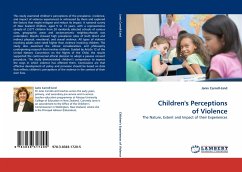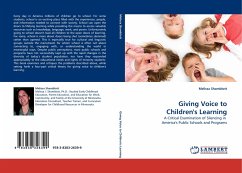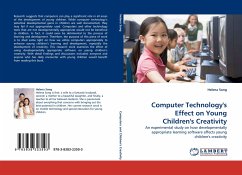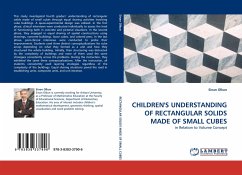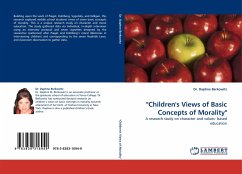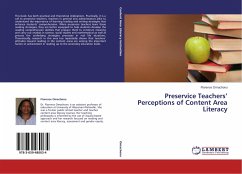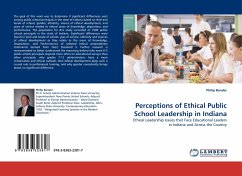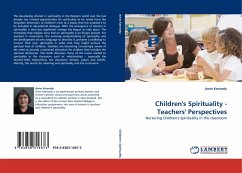This study examined children s perceptions of the prevalence, incidence, and impact of violence experienced or witnessed by them and explored the factors that might mitigate and reduce its impact. A national survey of New Zealand children, aged 9 to 13 years, with a representative sample of 2,077 children from 28 randomly selected schools of various sizes, geographic areas and socioeconomic neighbourhoods was undertaken. Results showed high prevalence rates of both direct and indirect physical, emotional, and sexual violence. All types of violence involving adults were rated higher than violence involving children. The study also examined the ethical considerations and philosophy underpinning research that involves children. Guided by Article 12 of the United Nations Convention on the Rights of the Child, the results supported the controversial ethical decision to adopt a passive consent procedure. The study demonstrated children s competence to express the ways in which violencehas affected them. Conclusions are that effective development of policy and provision should be based on data that reflects children s perceptions of the violence in the context of their own lives.
Bitte wählen Sie Ihr Anliegen aus.
Rechnungen
Retourenschein anfordern
Bestellstatus
Storno

